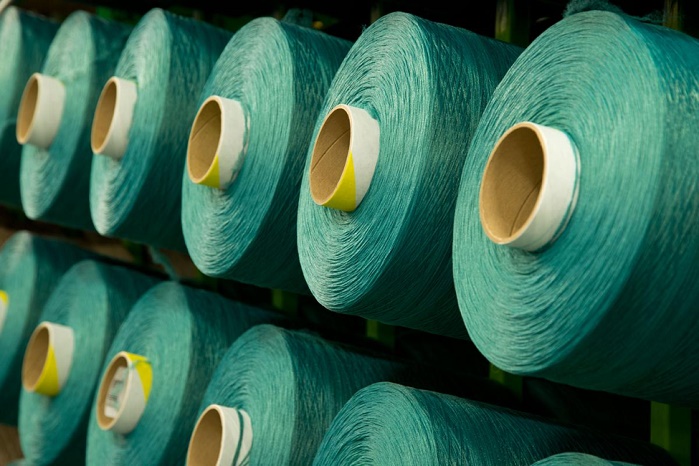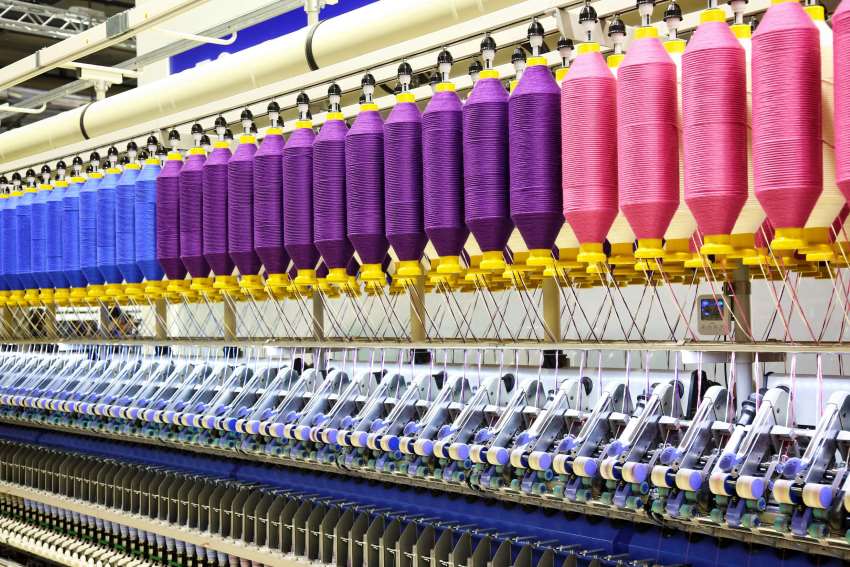South Korea has announced a comprehensive strategy to address key industry trends, including accelerating the growth of the industrial textile market, increasing demand for eco-friendly practices, and integrating digital technologies across product planning, production, and logistics.
Elaborating on the strategy, DukgeunAhn, Trade, Industry, and Energy Minister, says, the strategy aims to increase South Korea’s share in the global industrial and eco-friendly textiles market from the current 2-3 per cent to 10 per cent by 2030. Additionally, it seeks to elevate the level of digital transformation in the industry from the current 35 per cent to 60 per cent.
Central to the strategy is the development of world-class technologies in high-performance materials such as aramids, carbon fibers, and electronic textiles by 2030. A KRW 2.9 trillion fund will be established to support companies that integrate industrial textiles into their products. The plan also includes the creation of an Industrial Textile Alliance and a Tech Textile Product Certification Evaluation Support Center.
The strategy emphasiseson eco-friendly practices, with ₩31 billion being allocated for initiatives like fiber-to-fiber recycling, plant-based vegan leather, and biodegradable fibers. The government also plans to provide waste heat recovery facilities to over 200 small and medium-sized enterprises (SMEs) and introduce carbon emissions standards and eco-design guidelines.
To foster AI and digital transformation, the Ministry of Trade, Industry and Energy (MOTIE) plans to develop an AI system that can reduce product design times by over 80 per cent and establish a Connected Micro Factory for high-speed production. Automation facilities will be provided to over 250 companies by 2028, and the expansion of Meta Fashion Playgrounds will further support digital innovation.
The strategy also includes training 1,000 professionals in eco-friendly and digital technologies by 2028 and pursuing global sustainability certifications, ensuring that South Korea remains competitive in the rapidly evolving textile and fashion industry.












